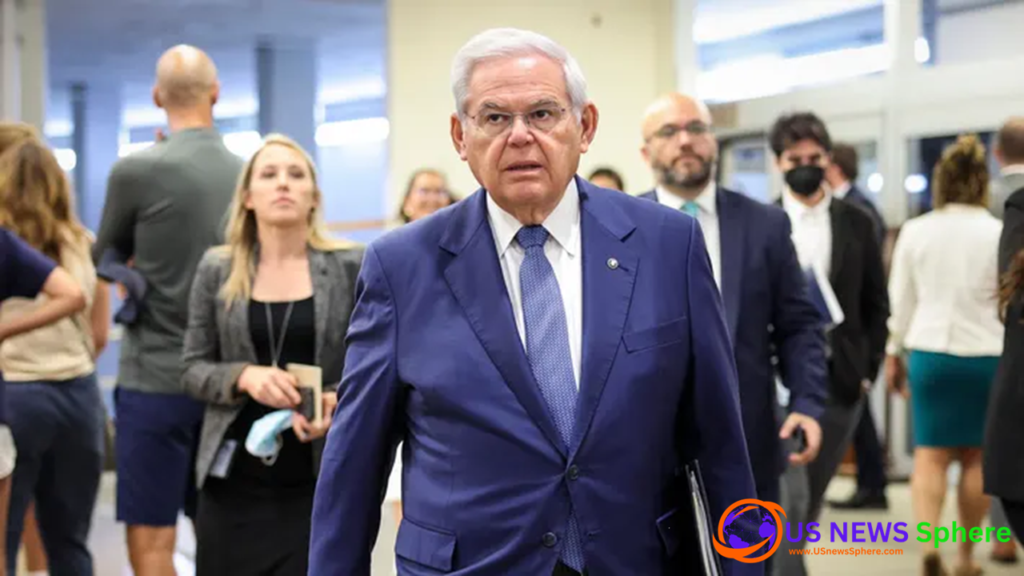Start with a brief overview of the longstanding relationship between the US and Egypt, focusing on military aid. Introduce Senator Menendez and the allegations of corruption against him. Highlight the potential implications of these allegations on US-Egypt ties.
Table of Contents

Background of US-Egypt Relations
Provide a historical context of the relationship between the US and Egypt, emphasizing the military aid and cooperation. Discuss the concerns regarding human rights in Egypt and how they have been addressed or overlooked in the past.
Senator Menendez and the Corruption Charges
Detail the corruption charges against Senator Menendez, including bribery allegations. Explain his role and influence in US foreign policy, particularly regarding Egypt.
Potential Impact on US-Egypt Ties
Analyze how the corruption charges against Menendez could affect the relationship between the US and Egypt. Discuss possible changes in military aid and cooperation, as well as the response from both governments.
Human Rights Concerns in Egypt
Delve into the human rights situation in Egypt, citing specific cases and concerns. Explore how the allegations against Menendez could bring more attention to these issues and influence US policy towards Egypt.
Reactions and Responses
Present the reactions from various stakeholders, including the US government, Egyptian government, human rights organizations, and the public. Include any official statements, actions taken, and speculations on future developments.
Navigating Uncharted Waters in US-Egypt Relations
As we reach the conclusion of this exploration, it is evident that the allegations against Senator Menendez have cast a shadow over the intricate tapestry of US-Egypt relations. These accusations serve as a catalyst, prompting us to re-evaluate the delicate balance between diplomatic ties, military aid, and the pursuit of human rights.
The longstanding relationship between the United States and Egypt, built on mutual interests and strategic cooperation, now finds itself at a crossroads. The unfolding legal saga surrounding Senator Menendez, a key architect of US foreign policy in the Middle East, has the potential to reshape the dynamics of this alliance. The ripple effects of this case could extend beyond the courtroom, influencing policy decisions and diplomatic discourse.
Amidst the turbulence, the spotlight on human rights in Egypt has intensified. The international community, along with advocacy groups, is closely monitoring developments, advocating for transparency, accountability, and adherence to universal values. The Menendez case could potentially amplify these voices, fostering a renewed commitment to addressing human rights concerns within the framework of international relations.
Diverse stakeholders, from government officials to civil society, have voiced their perspectives, predictions, and concerns regarding the outcome of this case. The mosaic of reactions reflects the complexity of the situation and the myriad factors that will shape the future trajectory of US-Egypt relations.
In navigating these uncharted waters, it is imperative for both nations to foster open dialogue, uphold the principles of justice, and work collaboratively towards a future that aligns with shared values and mutual respect. The unfolding of the Menendez case serves as a pivotal moment, offering an opportunity for reflection, reassessment, and, ultimately, the strengthening of the bonds that unite the US and Egypt.
As we continue to observe the developments and their ramifications, one thing remains certain: the resolution of this case will be a defining chapter in the annals of US-Egypt relations, with the potential to shape the geopolitical landscape of the Middle East for years to come.





